Another tennis controversy emerges in Australia and this has nothing to do with the pandemic.
It has been a common expression when watching the news out of Australia that the country has become a lost cause when it comes to personal freedoms. The government in panic mode, or eyeing an opportunity at more oppression, has put on a stunning display of oppression in the name of public safety. Videos of people being arrested over masks are just the start; there have been manhunts for vaccine scofflaws and internment camps set up for those denying the chance to get vaccinated.
This extended to a flare-up weeks ago where the authorities went after tennis pro, Novak Djokovich. After initially allowing him into the country the government decided to make an example out of the unvaccinated athlete. His travel credentials were rescinded, then restored, but he was detained anyway and ultimately became deported, all over his vaccine status. That he is a professional athlete with both physical considerations and has already been tested positive and contains antibodies were not something they would factor into the decision. He was made a scapegoat.
Now, a new tennis controversy has been found in the former penal colony of Australia, and it has nothing to do with COVID. During a match, security came out to address some fans and the police were ultimately called, due to the shirts these people wore. On them was the phrase, Where is Peng Shuai? This is in reference to the female Chinese player who has gone missing in recent months after charging a Chinese government official with sexual abuse.
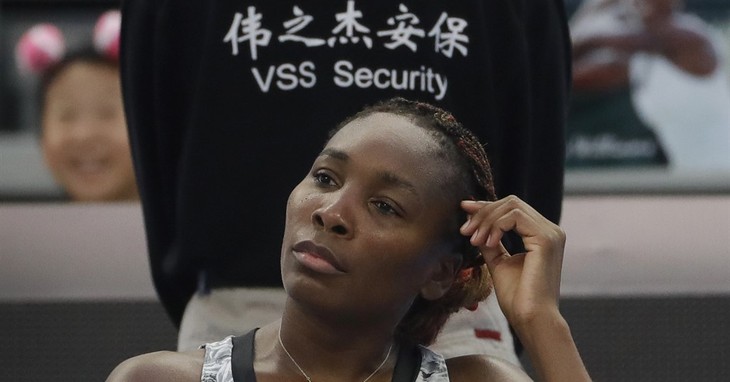
This is a rather bad look for Aussie tennis, which has already sported a black eye over the Djokovic issue. Peng Shuai was ranked in the Top-20 worldwide when she came forth with her accusations in November. Since then, she has not only disappeared from social media but has no longer appeared on the tennis tour. Some videos emerged of her in China but were released by state-run sources, indicating to many that she was possibly physically well, but prevented from travel and kept in a condition of control.
The Aussie tennis authorities stated the fans had been instructed that rules are in the palace preventing such slogans, and the police confirmed that the security was in their right to confiscate the clothing, as well as banner that also had the phrase. The explanation was given to ESPN by the body Tennis Australia.
Under our ticket conditions of entry we don’t allow clothing, banners or signs that are commercial or political,” a spokesperson said. “Peng Shuai’s safety is our primary concern. We continue to work with the WTA and global tennis community to seek more clarity on her situation and will do everything we can to ensure her well-being.”
This statement raises more questions than it provides answers. The asking of the whereabouts of an individual is hardly a political statement. It is not taking sides in any fashion but raises a question about the wellbeing of an individual. If Tennis Australia is concerned about the safety of Peng Shuai, would they not want to highlight the issue? And the fact that they declare curiosity behind the safety of a player to be a political statement sure shows they are bowing to the impressions of the Chinese government on the matter. This also means their lip service to the player’s condition is compromised, to say the least.
After all of the totalitarian displays seen over the past year or more, it can hardly be a surprise that the government and the athletic authorities would bow to the totalitarian Chi-Com dictates. Oddly enough, despite this clampdown on fans, the players appear free to give voice to concerns for Shuai. It has not been uncommon for some to bring up the topic in post-match press conferences.
This could indicate the sport’s global authority, the World Tennis Association, has more of an outward concern on the matter. If the players are supported and free to discuss the situation then it appears that Australia wants to muzzle any references that it can, under its purview. It says plenty when they address a human rights issue as being a political statement, considering the way the nation has steamrolled individual rights over the past years.
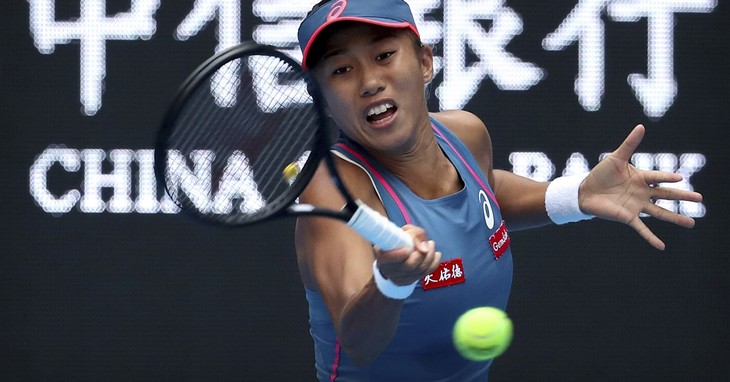
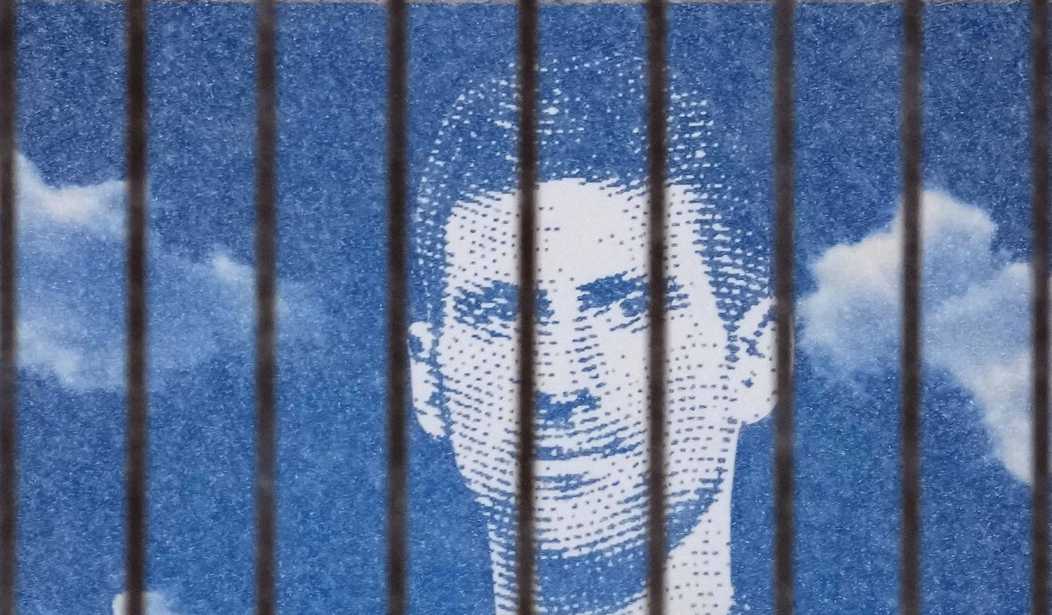



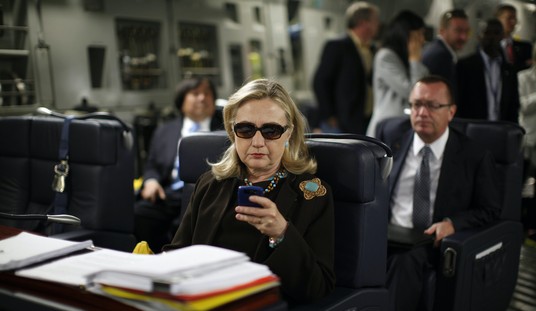






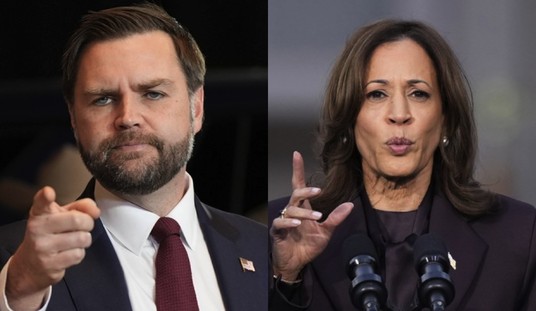

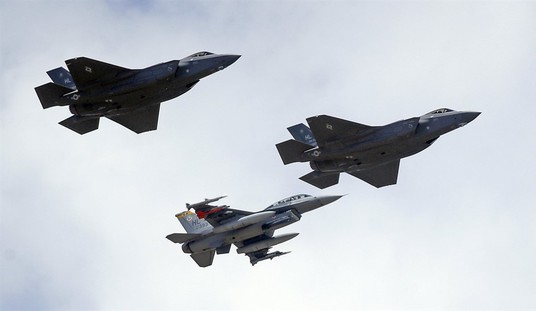
Join the conversation as a VIP Member